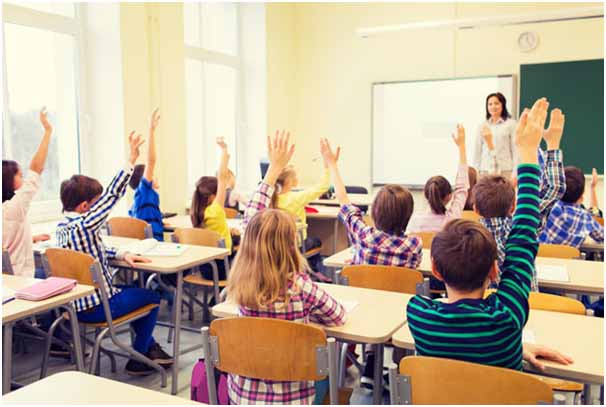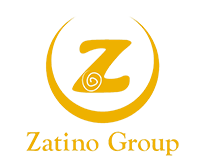Education is compulsory for children in Ireland from the ages of 6 to 16 or until students have completed 3 years of second-level education.
The Irish education system is made up of primary, second, third-level and further education. State-funded education is available at all levels, unless you choose to send your child to a private school.
(Primary School)
Children do not have to attend school until the age of 6 but children may begin school the September following their fourth birthday.
The Irish primary school curriculum is child-centred.
Certain children who come to live in Ireland may be exempted from learning Irish in school.
Primary schools are generally privately owned by religious communities (or boards of governors) but are State-funded.

(Second-level education)
Secondary- Level education is provided by different types of post-primary schools.
Second-level education consists of a 3-year junior cycle followed by a 2-year or 3-year senior cycle depending on whether an optional Transition Year is taken following the Junior Certificate or Junior Cycle (JCPA) examination.
Students generally start the junior cycle at the age of 12. The Junior Certificate or JCPA is taken after 3 years.
Transition Year follows the Junior Certificate or Junior Cycle examination. This year is free from formal examinations and allows students to experience a wide range of educational inputs, including work experience.
During their final 2 years in the senior cycle, students take one of 3 programmes, each leading to a State examination – the established Leaving Certificate, the Leaving Certificate Vocational Programme or the Leaving Certificate Applied.
The established Leaving Certificate is the main basis upon which places in universities, institutes of technology and colleges of education are allocated.
The Leaving Certificate Vocational Programme differs from the established Leaving Certificate in placing a concentration on technical subjects and including additional modules which have a vocational focus.
The Leaving Certificate Applied Programme has as its primary objective the preparation of participants for adult and working life through relevant learning experiences. These aim to develop the following areas of human endeavour: spiritual, intellectual, social, emotional, aesthetic and physical.
The Leaving Certificate Applied is not recognised for direct entry to third-level courses but it can enable students to take Post-Leaving Certificate courses.
(Third Level Education)
Third-level education is made up of a number of sectors. The university sector, the technological sector and the colleges of education are substantially funded by the State. In addition there are a number of independent private colleges.
There are universities which are autonomous and self-governing. They offer degree programmes at bachelor, masters and doctorate level.
The technological sector includes technological universities (TUs) and institutes of technology (ITs) which provide programmes of education and training in areas such as business, science, engineering, linguistics and music to certificate, diploma and degree levels. The Department of Education and Skills has overall responsibility for the sector. The Technological Universities Act 2018 allows institutes of technology to apply to become a new type of higher education institution with technological university status.
The colleges of education specialise in training for for primary school teachers. Training for post-primary teachers is provided by many third-level institutions. In addition, there are colleges of education that specialise in the training of home economics teachers, teachers of religion and physical education teachers. Qualifax provides detailed information on programmes for teacher training.

